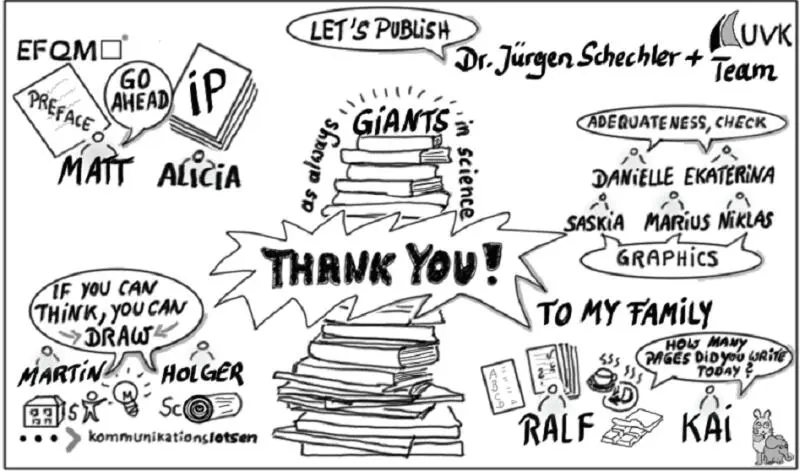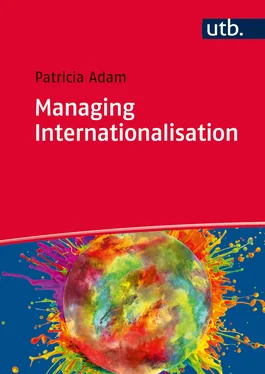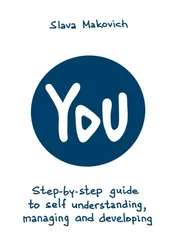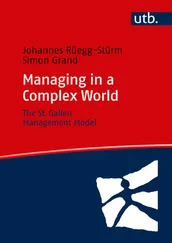| utb 8616 |
 |
Eine Arbeitsgemeinschaft der Verlage
Böhlau Verlag · Wien · Köln · Weimar
Verlag Barbara Budrich · Opladen · Toronto
facultas · Wien
Wilhelm Fink · Paderborn
A. Francke Verlag · Tübingen
Haupt Verlag · Bern
Verlag Julius Klinkhardt · Bad Heilbrunn
Mohr Siebeck · Tübingen
Nomos Verlagsgesellschaft · Baden–Baden
Ernst Reinhardt Verlag · München · Basel
Ferdinand Schöningh · Paderborn
Eugen Ulmer Verlag · Stuttgart
UVK Verlagsgesellschaft · Konstanz, mit UVK/Lucius · München
Vandenhoeck & Ruprecht · Göttingen · Bristol
Waxmann · Münster · New York
Dedication
Für alle, die Elefanten das Fliegen beibringen

For all those who teach elephants how to fly
Patricia Adam
Managing Internationalisation
UVK Verlagsgesellschaft mbH · Konstanz
mit UVK/Lucius · München
Online-Angebote oder elektronische Ausgaben sind erhältlich unter
www.utb-shop.de.
Bibliografische Information der Deutschen Bibliothek
Die Deutsche Bibliothek verzeichnet diese Publikation in der Deutschen Nationalbibliografie; detaillierte bibliografische Daten sind im Internet über < http://dnb.ddb.de> abrufbar.
Das Werk einschließlich aller seiner Teile ist urheberrechtlich geschützt.
Jede Verwertung außerhalb der engen Grenzen des Urheberrechtsgesetzes ist ohne Zustimmung des Verlages unzulässig und strafbar. Das gilt insbesondere für Vervielfältigungen, Übersetzungen, Mikroverfilmungen und die Einspeicherung und Verarbeitung in elektronischen Systemen.
© UVK Verlagsgesellschaft mbH, Konstanz und München 2015
Einbandgestaltung: Atelier Reichert, Stuttgart
Coverbild: ©Jag-cz – Fotolia.com
UVK Verlagsgesellschaft mbH
Schützenstr. 24 ·78462 Konstanz
Tel. 07531-9053-0 ·Fax 07531-9053-98
www.uvk.de
UTB-Nr. 8616
E-Book ISBN 978-3-8463-8616-3
eBook-Herstellung und Auslieferung:
Brockhaus Commission, Kornwestheim
www.brocom.de
Preface
Despite being popular with thousands of organisations worldwide, the EFQM Excellence Model is still hardly recognised by the academic community. Unfortunately, it shares this fate with other holistic models. Textbooks about International Management usually present holistic management models as an afterthought or in a niche chapter, but hardly focus on their inner logic or unique management perspective. Although the awareness of the need for leadership guidance in the ever more complex global environment is apparent, the contribution of these models is often overlooked.
We were therefore delighted when the author, Patricia Adam, approached us and explained her intention to create a textbook that bridged the gap between management reality and academic development. By drawing on her own experience of using the EFQM Model in self-assessment and Award Assessments, this book is intended to give the reader practical insights, combined with the conscientious use of business-related research findings. Whilst this might seem like a “common sense” approach, it’s been proven all too often that “common sense ain’t that common”. This makes the book a great companion for students and management practitioners alike; a pragmatic guide that translates the theory into practical application, with relevant examples and illustrations.
We wish this unique book an excellent reception and its author many positive reviews… although (sorry Patricia) we also hope it doesn’t remain unique for too much longer. May this book support international leaders in their demanding pursuit of successful internationalisation and inspire students to put theory into practice. After all, theory without experience is only theory!
Matt Fisher
Chief Operating Officer EFQM
Acknowledgements

Table of Contents
Preface
Acknowledgements
Table of Figures
| 1 |
Introduction and Overview Strategic International Management |
| 1.1 |
Introduction |
| 1.1.1 |
How to Use This Book |
| 1.1.2 |
From Gradual Globalisation to Transnational Organisations |
|
VIPs |
| 1.2 |
The Use of Holistic Management Models |
|
VIPs |
| 1.3 |
The Approach of the EFQM Excellence Model |
| 1.3.1 |
Background Information: The EFQM and its Model |
| 1.3.2 |
The Fundamental Concepts of Excellence |
| 1.3.3 |
The EFQM Excellence Model Framework 2013 |
| 1.3.4 |
The EFQM RADAR Logic |
|
VIPs |
| 1.4 |
Process Model “Managing Internationalisation” |
| 1.5 |
Citations & Notes |
| 2 |
Key Issue: Developing Cross-Cultural Competence |
| 2.1 |
The Importance of Intercultural Understanding for International Business Issues |
| 2.2 |
Hofstede’s Framework: Cultures and Organisations |
| 2.2.1 |
Culture as a Part of Human Mental Programming |
|
VIPs |
| 2.2.2 |
An Introduction to Hofstede’s Dimensions |
| 2.2.3 |
Power Distance |
| 2.2.4 |
Individualism/Collectivism |
| 2.2.5 |
Masculinity/Femininity |
| 2.2.6 |
Uncertainty Avoidance |
| 2.2.7 |
Long-Term Orientation |
| 2.2.8 |
Establishing Country Clusters |
| 2.2.9 |
Adding a New Dimension: Indulgence versus Restraint |
|
VIPs |
| 2.3 |
The Dilemma Approach of Trompenaars & Hampden-Turner |
| 2.3.1 |
A View of Culture Based on Dilemmas |
|
VIPs |
| 2.3.2 |
Universalism versus Particularism |
| 2.3.3 |
Individualism versus Communitarianism |
| 2.3.4 |
Neutrality versus Affection |
| 2.3.5 |
Specificity versus Diffusion |
| 2.3.6 |
Achieved versus Ascribed Status |
| 2.3.7 |
The Concept of Time |
| 2.3.8 |
Inner versus Outer Direction |
| 2.3.9 |
Reconciling Dilemmas |
|
VIPs |
| 2.4 |
Globe Study: More Issues Arising |
|
VIPs |
| 2.5 |
Critical Acclaim |
| 2.5.1 |
Typical Problems of Cross-Cultural Research |
| 2.5.2 |
Critical Acclaim of Hofstede’s Dimensions |
| 2.5.3 |
Critical Acclaim of Trompenaars & Hampden-Turner’s Dilemmas |
| 2.5.4 |
Critical Acclaim of the GLOBE Study |
| 2.6 |
Citations & Notes |
| 3 |
Leading the Internationalisation Process |
| 3.1 |
Good Leadership |
| 3.1.1 |
The Coherent Leadership Approach |
|
VIPs |
| 3.1.2 |
Excellent Leaders: EFQM Criterion 1 |
Читать дальше















